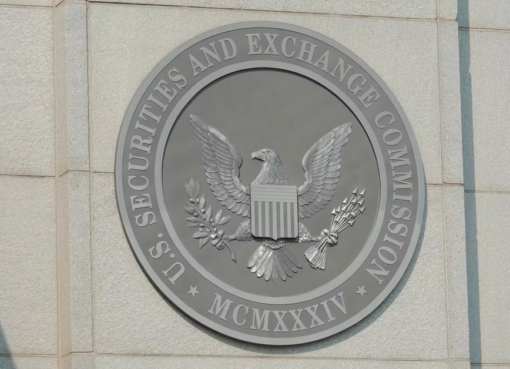Senator Elizabeth Warren’s proposed Digital Asset Anti-Money Laundering Act, aimed at combating crypto-related scams, ignites a complex debate over the balance between regulation and innovation in the digital finance arena.
In a Nov. 16 hearing, Senator Elizabeth Warren (D-Mass) voiced concerns about cryptocurrency’s role in financial scams, particularly those targeting older investors. Warren’s criticisms align with the introduction of her Digital Asset Anti-Money Laundering Act bill, aimed at curbing such fraudulent activities.
During the hearing, Steve Weisman, a senior lecturer at Bentley University, highlighted the anonymity afforded by cryptocurrencies as a significant factor in their use for illicit activities. He noted that while crypto mixers, which obscure the source of funds, can serve legitimate privacy needs, they predominantly facilitate criminal endeavors.
This complexity was evident in the ransomware attack against Colonial Pipeline, where despite initial success in tracing the accounts, the involvement of mixers hindered further tracking.
Warren’s legislation proposes to enhance the ability of regulators to monitor suspicious crypto-related activities and take decisive action against scammers. The senator emphasized the urgency of implementing regulations to combat the proliferation of crypto crimes.
However, the bill and its motivations have faced criticism, particularly following a Wall Street Journal report on Hamas’s alleged use of cryptocurrency for financing operations in Israel.
The report, partially refuted and corrected for overstatements, has been cited by the crypto industry as an example of misrepresenting the role of digital currencies in illicit finance. Industry leaders argue that the inherent traceability of cryptocurrencies actually deters their use by criminals.
Yaya Fanusie, from the Crypto Council for Innovation, criticized the bill for applying traditional financial regulations to the defi sector, which he considers inappropriate and overly broad. Additionally, a group of digital asset industry professionals with national security backgrounds expressed concerns that the legislation, fueled by exaggerated reports, might adversely affect U.S. national security interests.




